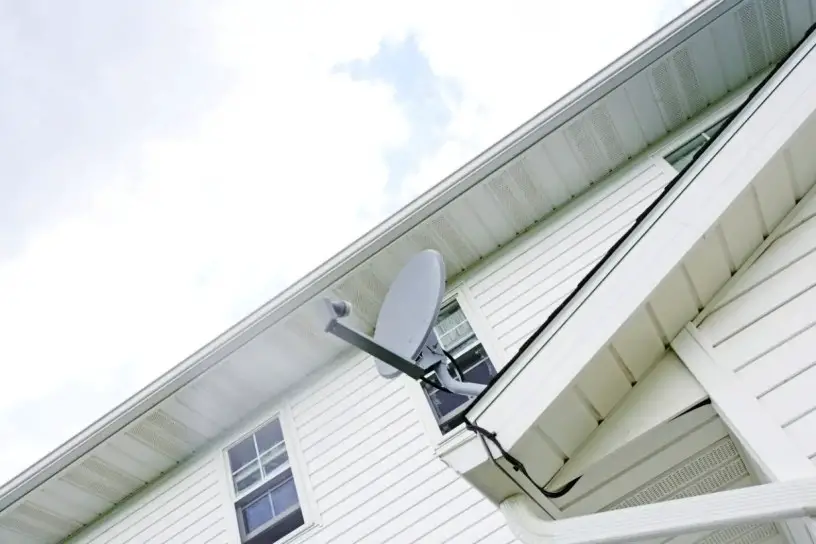By Phillip Swann
The TV Answer Man –Follow on X.
Former editor of Satellite DIRECT magazine. Reported on DIRECTV for 30 years.
Q, I just saw a new commercial for getting DIRECTV on streaming. Is that their future? Is the satellite business about to die? We have a DIRECTV dish. — Grant, Easton, Maryland.
Grant, you are talking about a new DIRECTV ad campaign featuring the voices of Henry Winkler and Steve Buscemi as pigeons who lament that there are fewer satellite dishes to perch on. However, they note you can get DIRECTV via Internet, which is the company’s streaming service that comes with a DIRECTV-supplied set-top called Gemini. (This is not to be confused with DIRECTV Stream, a separate DIRECTV streaming service that’s available on smart TV devices such as Roku and Fire TV.)
DIRECTV would like more people to sign up for its streaming ventures; it’s cheaper to operate and it’s the future of television, if not the present. But despite the emphasis on streaming, I believe DIRECTV’s satellite TV will be around until the end of the decade.
See more news and TV tech features at TVAnswerMan.com.
Why? Two major reasons:
1. Rural Residents
Many rural residents still have little or no access to high-speed Internet or can’t afford higher-priced Internet plans that are needed for reliable video streaming. Consequently, streaming is not an option for them, and in many areas, neither is cable TV. If they want to watch television, satellite TV is the only game in town.
The number of residents affected here ranges from a few dozen to several dozen, depending upon which study you prefer. If DIRECTV and Dish were to generate subscribers from this audience alone, they could stay in business for quite a while. (The federal government’s initiative to bring high-speed Internet to more rural areas now appears to be on shaky ground. That’s good news for the satellite business.)
2. Consumers Want a Cable TV Alternative
But the rural market is not the only lucrative market available to satellite TV providers. Many suburban residents who have access to high-speed Internet are not satisfied with live streaming services (YouTube TV, Sling TV, etc.) which often lack certain channels (think regional sports networks) and technology features such as 4K TV. They prefer a premium TV service from cable or satellite; it may be more expensive, but they are willing to pay for the added convenience and entertainment. Satellite TV distributors can still generate a significant number of subscribers from this market.
The days of DIRECTV dominating the video business are long over, even in the streaming category. (DIRECTV Stream launched more than seven years ago but trails three other live streamers in subscribers.) But there’s no reason to believe that its satellite business can’t continue making money for several more years.
Grant, hope that helps. Happy viewing and stay safe!
Have a question about new TV technologies? Send it to The TV Answer Man at swann@tvanswerman.com Please include your first name and hometown in your message.
The TV Answer Man is veteran journalist Phillip Swann who has covered the TV technology scene for more than three decades. He will report on the latest news and answer your questions regarding new devices and services that are changing the way you watch television. See the bio for Phillip Swann here.


